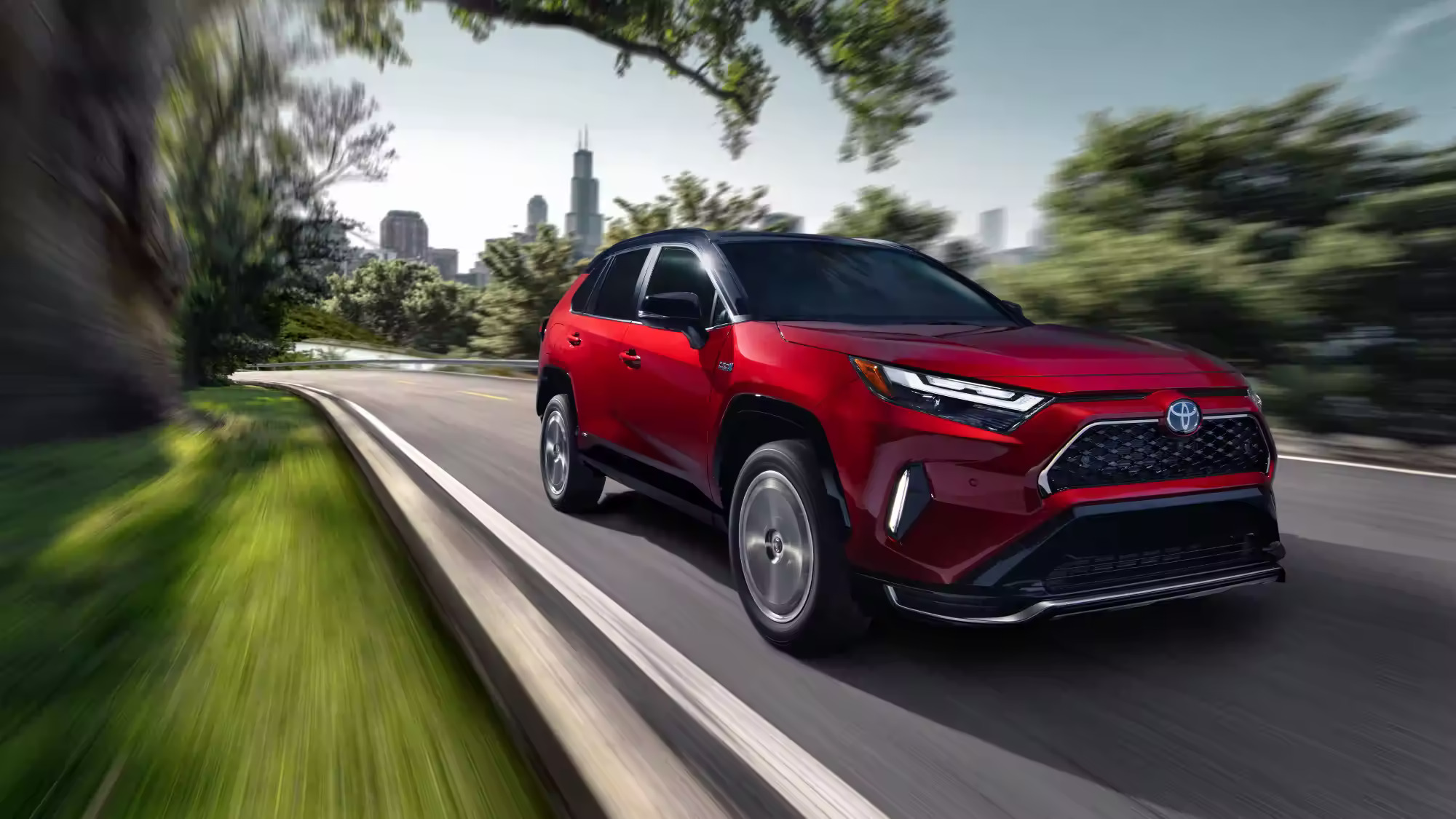While most vehicles lose value the moment they’re driven off the lot, a select few defy the norm. Whether due to limited availability, high demand, or outstanding performance, these cars command more money used than new. In this market anomaly, buyers pay a premium for convenience or simply to skip long waitlists.
From hybrids to compact pickups and even luxury SUVs, these vehicles are hot commodities in the secondhand market. The following five examples show how certain models are not just holding their value but increasing in price, sometimes by thousands of dollars over the manufacturer’s suggested retail price.
5 Cars That Still Sell Above MSRP Used
1. Toyota RAV4 Prime: Plug-In Power and Efficiency
The 2021 Toyota RAV4 Prime combines impressive hybrid technology with everyday utility, helping it retain — and exceed — its original price. Lightly used models cost around $51,298, about $1,726 more than new. With up to 600 miles of driving range, it’s a favorite among eco-conscious drivers.
Fast acceleration, a strong towing capacity, and a well-designed cargo area make it a top choice in the compact SUV category. Supply shortages and strong consumer interest have pushed demand sky-high, giving this vehicle a rare distinction in the resale market: being more valuable with a few miles on the odometer.
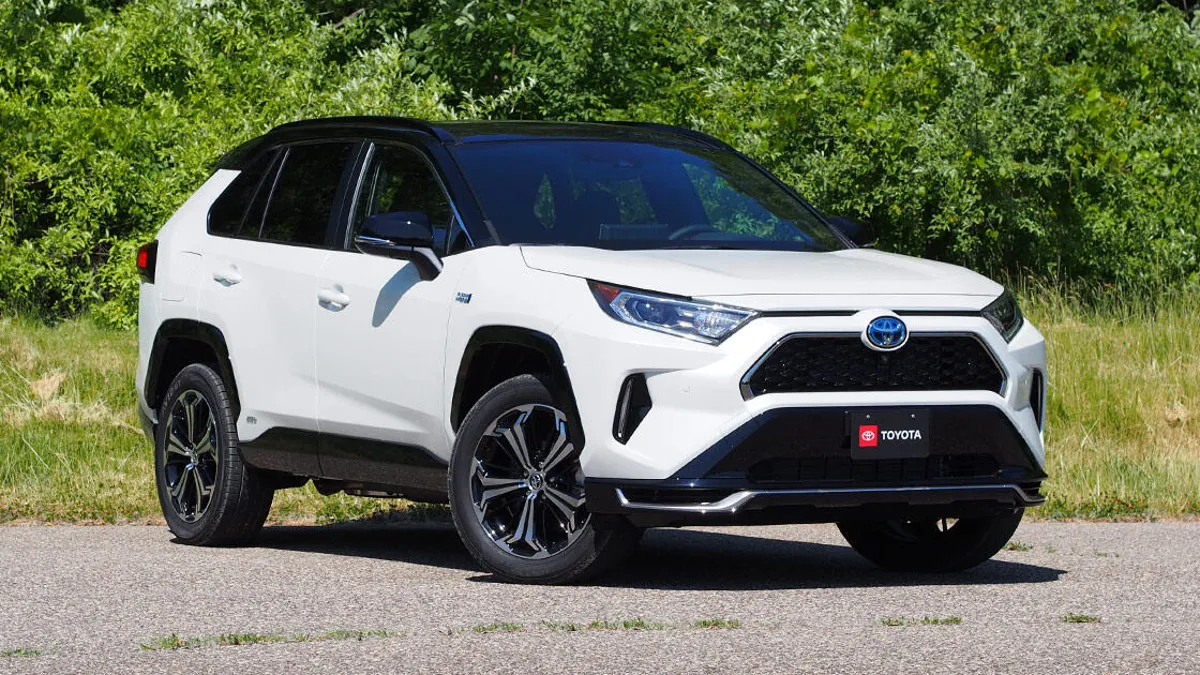
2. Toyota Sienna: Family Hauler in High Demand
The 2022 Toyota Sienna is redefining what a modern minivan can be. Known for practical features like hands-free sliding doors, captain’s chairs, and standard Apple CarPlay/Android Auto, the Sienna commands about $1,806 more on the used market than new.
Its thoughtful design caters perfectly to families who prioritize convenience and tech. Add a rear entertainment center and seven USB ports, and it’s easy to see why demand outweighs supply. As a result, used Siennas remain hot properties, especially when newer models are on backorder or priced higher due to dealer markups and limited availability.
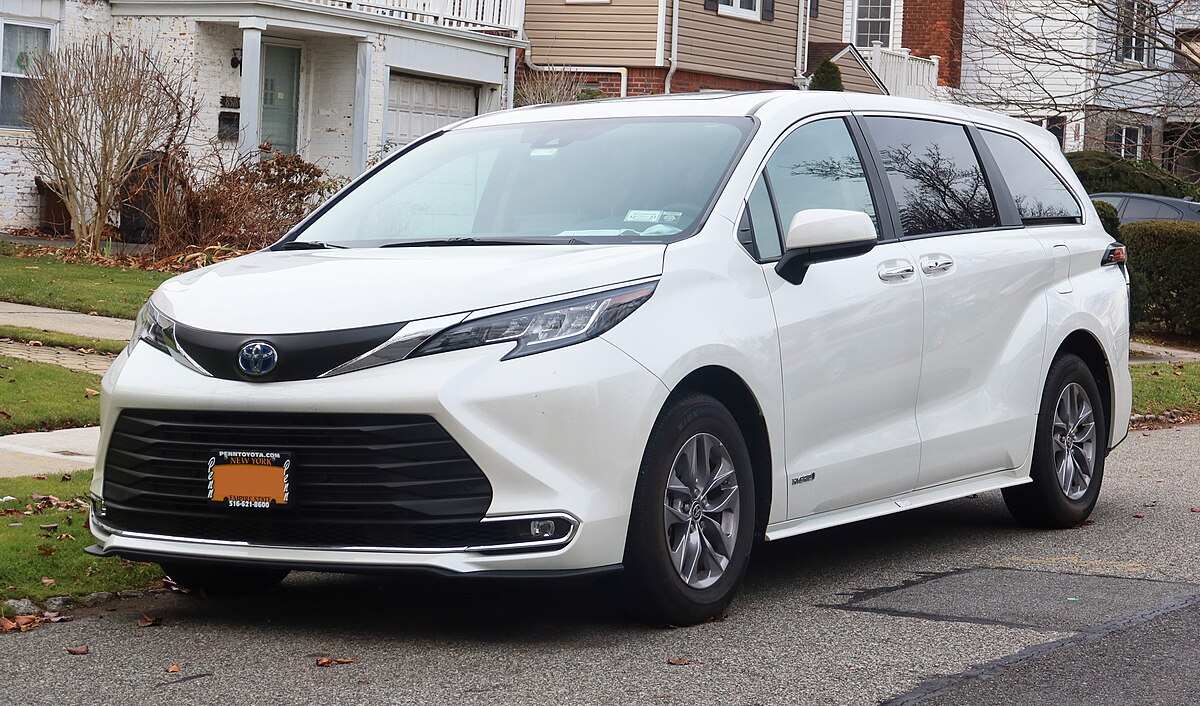
3. Mercedes-Benz G-Class: Luxury That Laughs at Depreciation
The Mercedes-Benz G-Class, or “G-Wagon,” carries an average used price of $196,228, which is $8,633 more than new. It’s a unique mix of off-road capability and opulent luxury, but few owners ever take it off the pavement.
What they pay for instead is prestige, power, and an image, complete with two massive screens, high-tech gadgets, and a V8 engine that’s more about bravado than efficiency. As HotCars says, it makes drivers feel like “mobsters,” and that emotional appeal sustains its elevated resale value. It’s not just a car — it’s a status symbol, and the price reflects that.
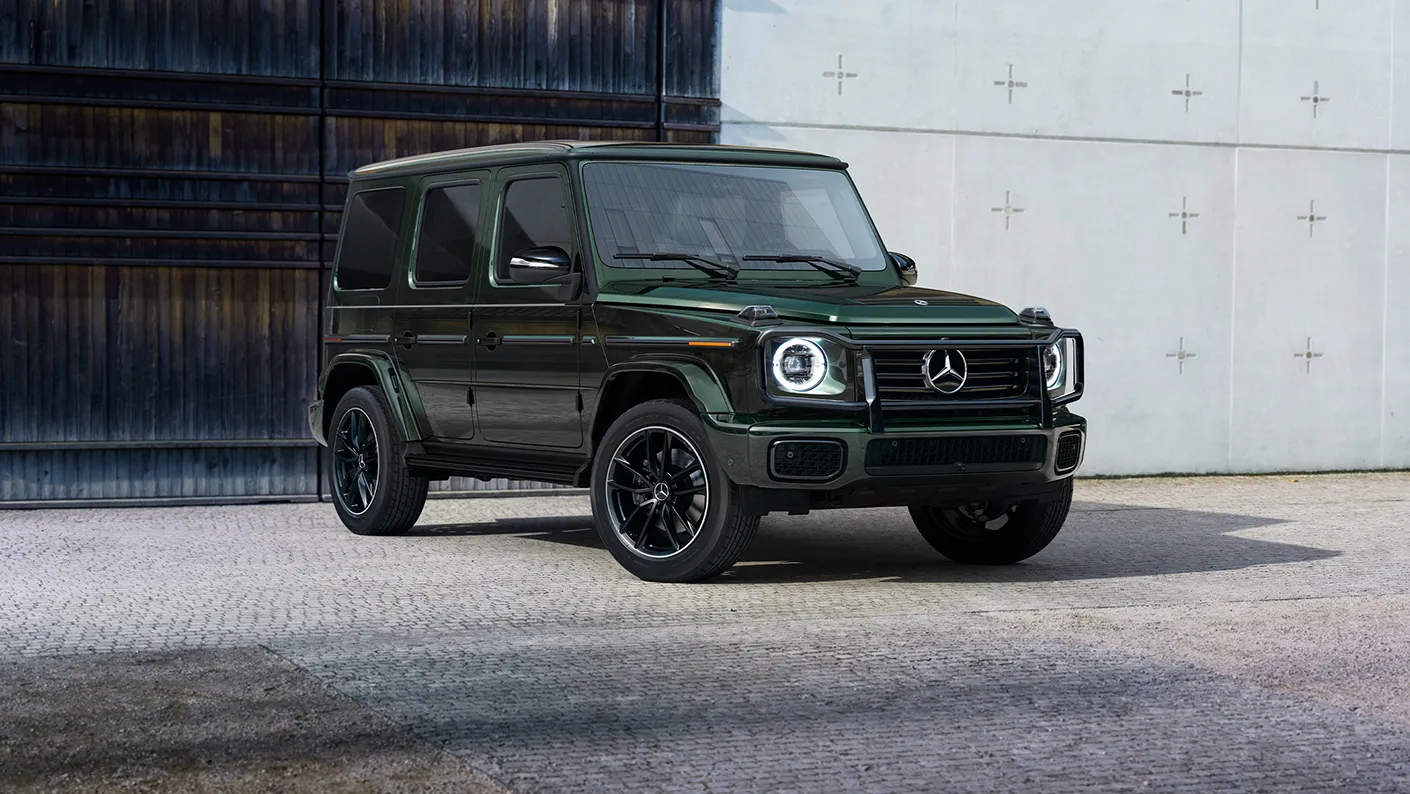
4. Toyota Corolla Hybrid: Budget-Friendly and Rising
Fuel efficiency is a major selling point for the Toyota Corolla Hybrid, which averages $27,809 on the used market — $2,038 more than new. Offering 53 mpg in the city, this compact sedan appeals to budget-minded and environmentally conscious drivers.
While the car is not without flaws — namely, a small trunk and underwhelming acceleration — the overall value proposition is strong. Standard tech features and Toyota’s reliability track record keep it highly desirable.
As gas prices fluctuate, interest in hybrids surges, and the Corolla Hybrid’s affordability and fuel savings have turned it into a slightly surprising used-market overachiever.
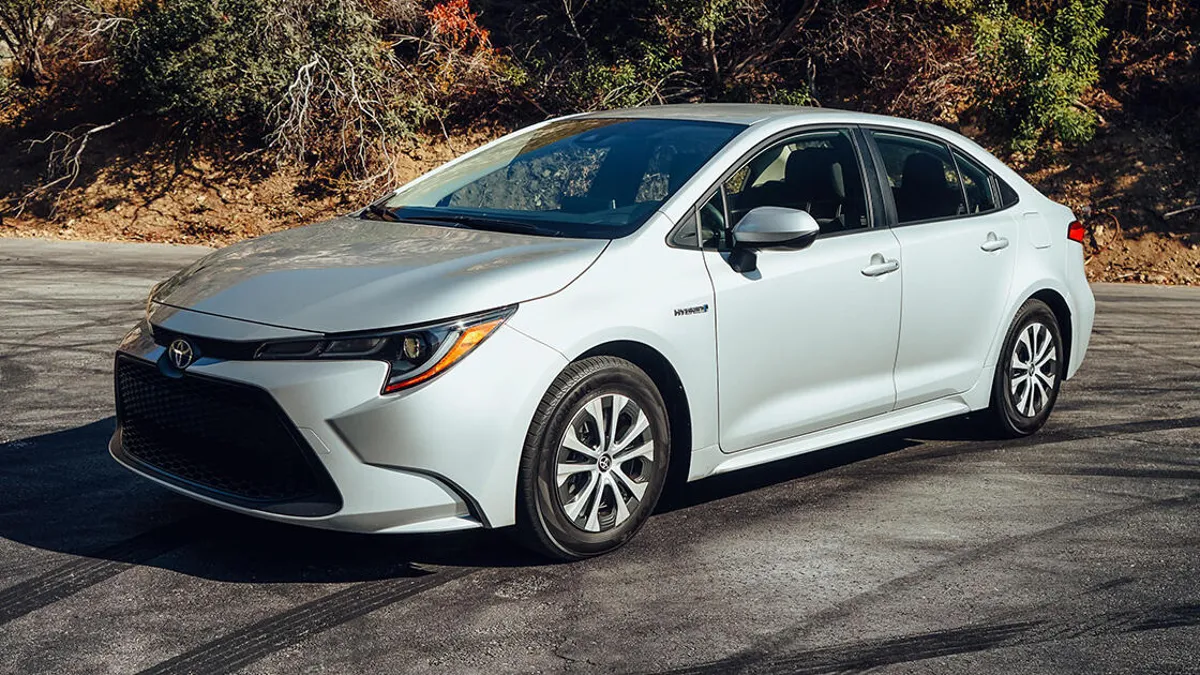
5. Ford Maverick: The Compact Truck Everyone Wants
The Ford Maverick is currently the king of used-car premiums, selling for an average of $36,777, or $4,038 more than its new price. As a compact pickup, it offers big utility in a small package. MotorBiscuit notes that the 2022 model even edges out the 2023 version in some areas.
It’s easy to park, fun to drive, and highly efficient — everything truck enthusiasts and city dwellers want. Its meteoric rise in popularity has led to long waiting lists for new models, forcing impatient buyers to pay top dollar for used versions. The result: a resale market goldmine.
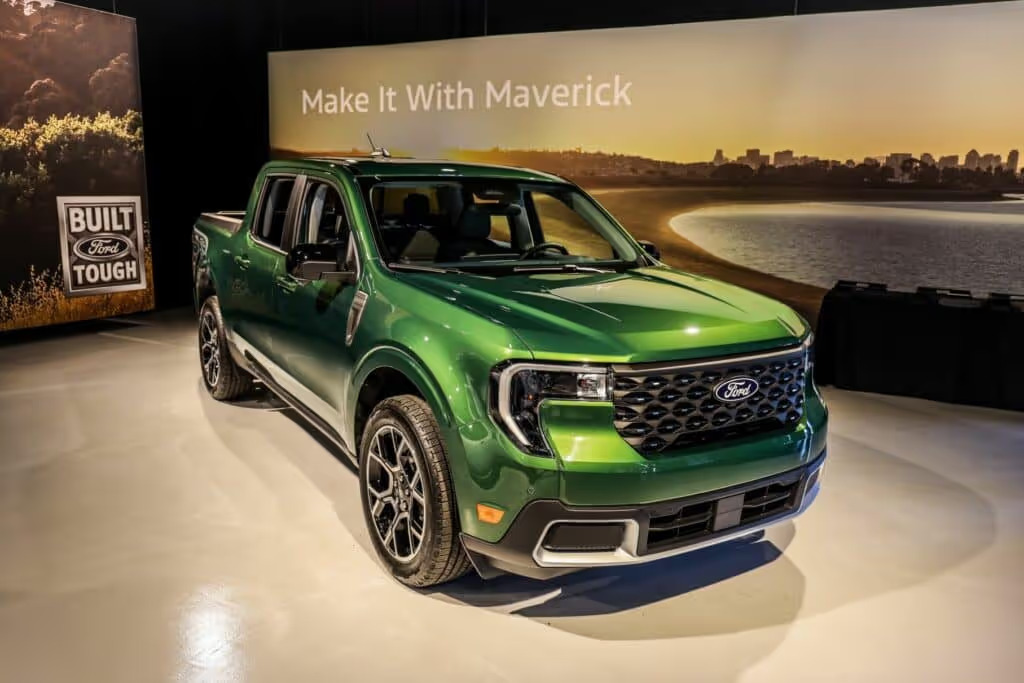
5 That Tank in Value
Luxury and sports cars often steal attention with their stunning looks and performance. Yet, many of them are silent money pits when it comes to resale value. Flashy as they may be, these vehicles tend to depreciate steeply, losing anywhere from 48% to 55% of their value within just five years.
Whether it’s because of high maintenance costs, narrow buyer markets, or brand perception, these high-end machines quickly become bargains — but only for secondhand shoppers.
The following five models are among the worst offenders when it comes to depreciation, highlighting how price tag and prestige don’t always go hand-in-hand.
1. Aston Martin Vantage: Beauty That Bleeds Value
The Aston Martin Vantage is sleek, fast, and undeniably upscale, with a Mercedes-AMG V8 engine delivering 656 hp. Yet, it loses 48% of its value within five years. For those who love exclusivity and performance, it’s a dream. But that dream comes at a steep cost, as the car depreciates almost as fast as it accelerates.
Despite its strengths, Aston Martins don’t hold value like rivals from Porsche or Ferrari. Maintenance costs and limited dealer networks contribute to the resale dip. Still, the heavy depreciation creates an opportunity for used buyers looking for a serious bargain with elite performance.
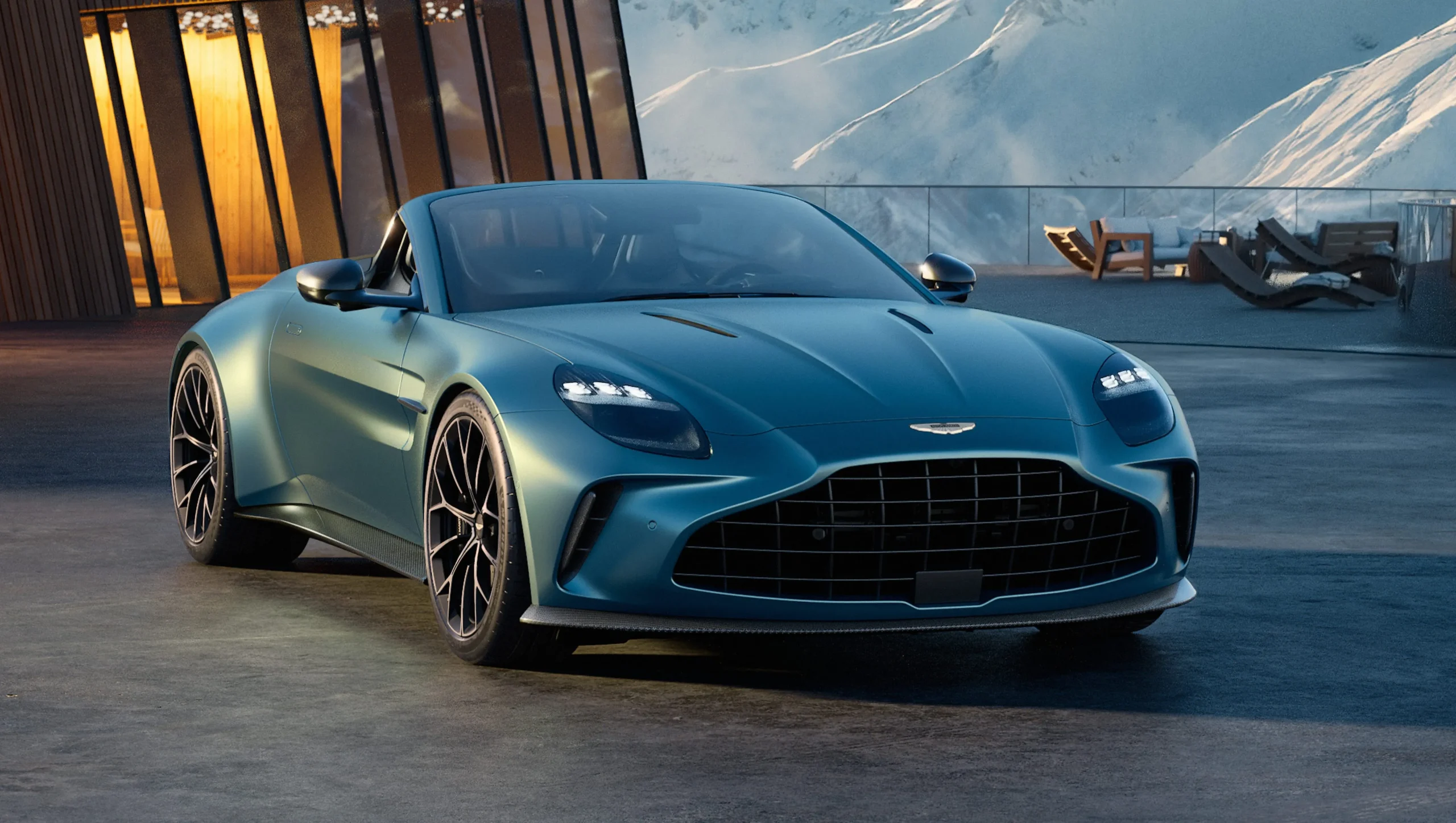
2. BMW 2 Series: Compact Thrills, Shrinking Returns
The BMW 2 Series, available in coupe and convertible versions, is fun to drive and surprisingly practical. It features multiple engine options, from modest 154-hp models to the sporty 382-hp M variants. Unfortunately, it loses 51% of its value over five years.
While the car’s agility and daily usability are praised, it doesn’t carry the same cachet as larger BMWs. As a result, it’s often overlooked by luxury car buyers seeking prestige, and undervalued by mainstream buyers wary of repair costs. If you’re shopping used, this sharp little coupe might be one of the most undervalued sporty cars available.
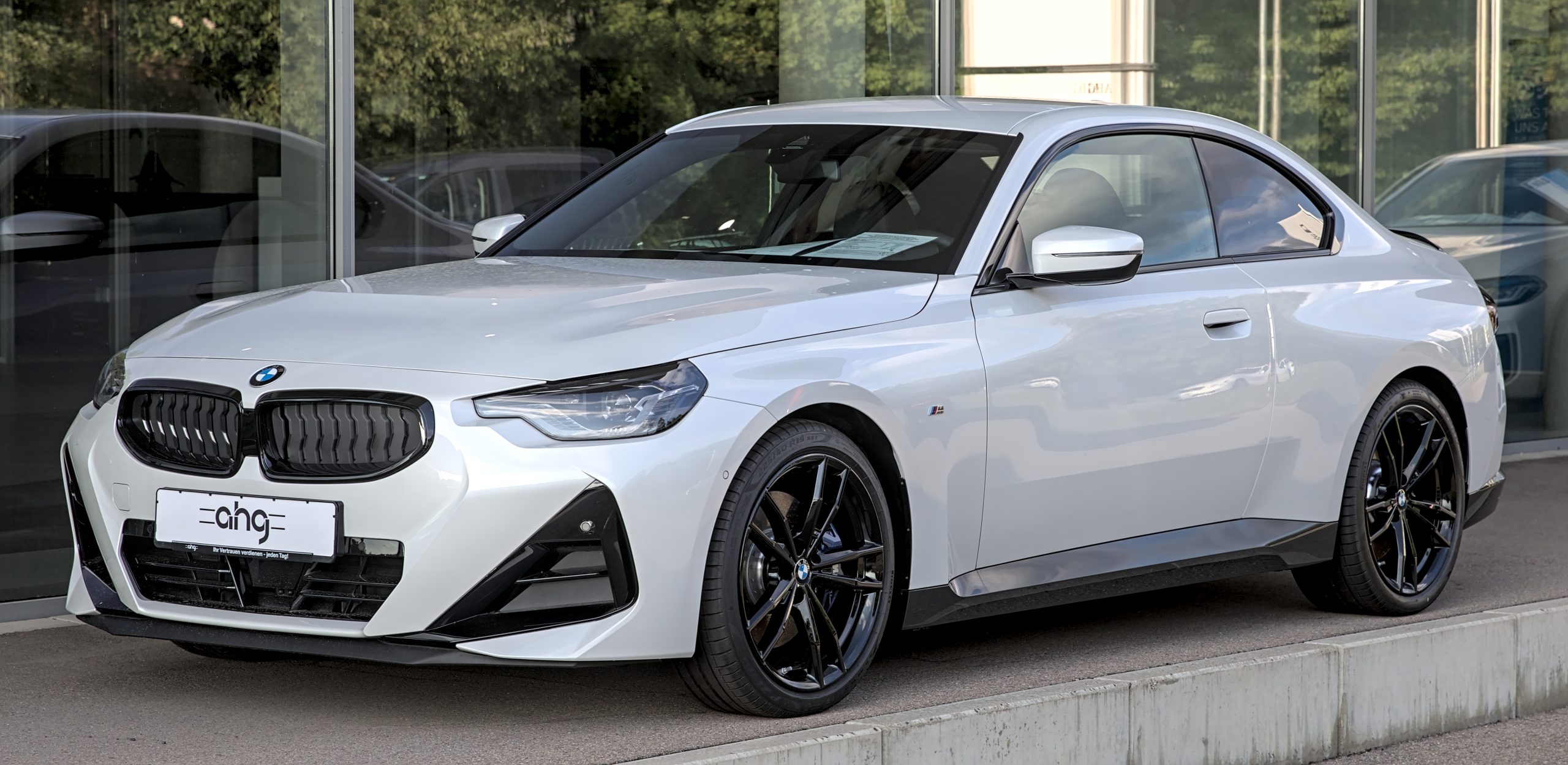
3. BMW 4 Series: Style Meets Steep Depreciation
Much like its 2 Series sibling, the BMW 4 Series coupe and convertible face serious depreciation, averaging a 52% loss in five years. With engines ranging from efficient four-cylinders to powerful inline-6s, the 4 Series offers a smooth, sporty ride.
However, it struggles with resale value due to stiff competition and shifting consumer preferences away from coupes and convertibles. The 4 Series sits in a middle ground: luxurious but not exotic, practical but not utilitarian.
As a result, its used value tanks, making it a great secondhand buy for someone who values performance but doesn’t want to pay new-car prices.
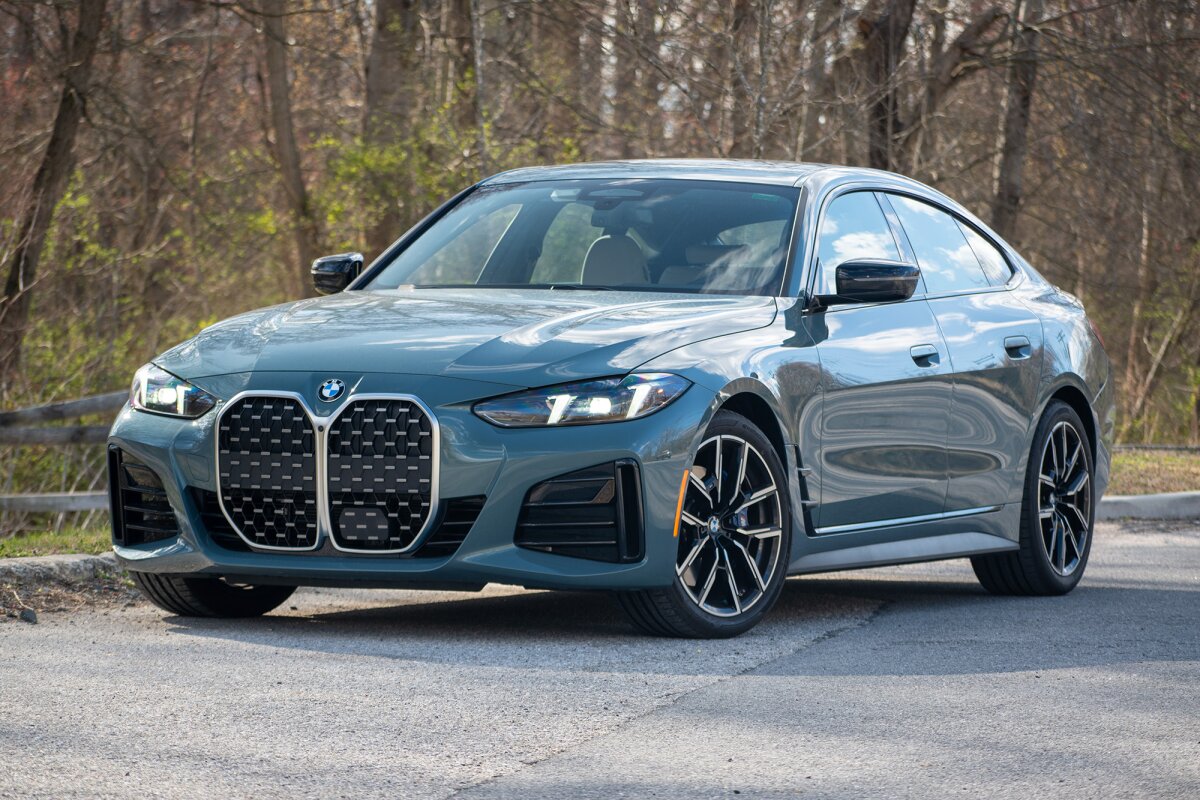
4. Jaguar F-Type: Classic Soul, Falling Numbers
With its 5.0-liter supercharged V8 and old-school driving feel, the Jaguar F-Type is a purist’s dream. Sadly, it’s also one of the worst depreciating sports cars, dropping 54% of its value in five years. As Jaguar sunsets the F-Type in 2025, interest from new buyers has waned.
The brand itself lacks the resale strength of competitors like Porsche or Audi. That’s bad news for original owners but a silver lining for used buyers. The F-Type offers thrilling performance and timeless design — now at a fraction of its original cost, making it one of the best hidden gems in the used sports car market.

5. BMW 8 Series: Grand Tourer, Grand Decline
The BMW 8 Series blends performance and luxury in a sleek package, with powertrains topping 523 hp. Despite its capabilities and aesthetics, it suffers a 55% depreciation rate over five years, the worst on this list. Positioned as a grand tourer, it doesn’t have the raw sports image of the M cars or the practicality of an SUV.
As a result, resale demand falters. Buyers can now find lightly used 8 Series models for half the price, making it a tempting offer for those looking for flagship luxury without the six-figure sticker shock. For original owners, though, the loss is steep.
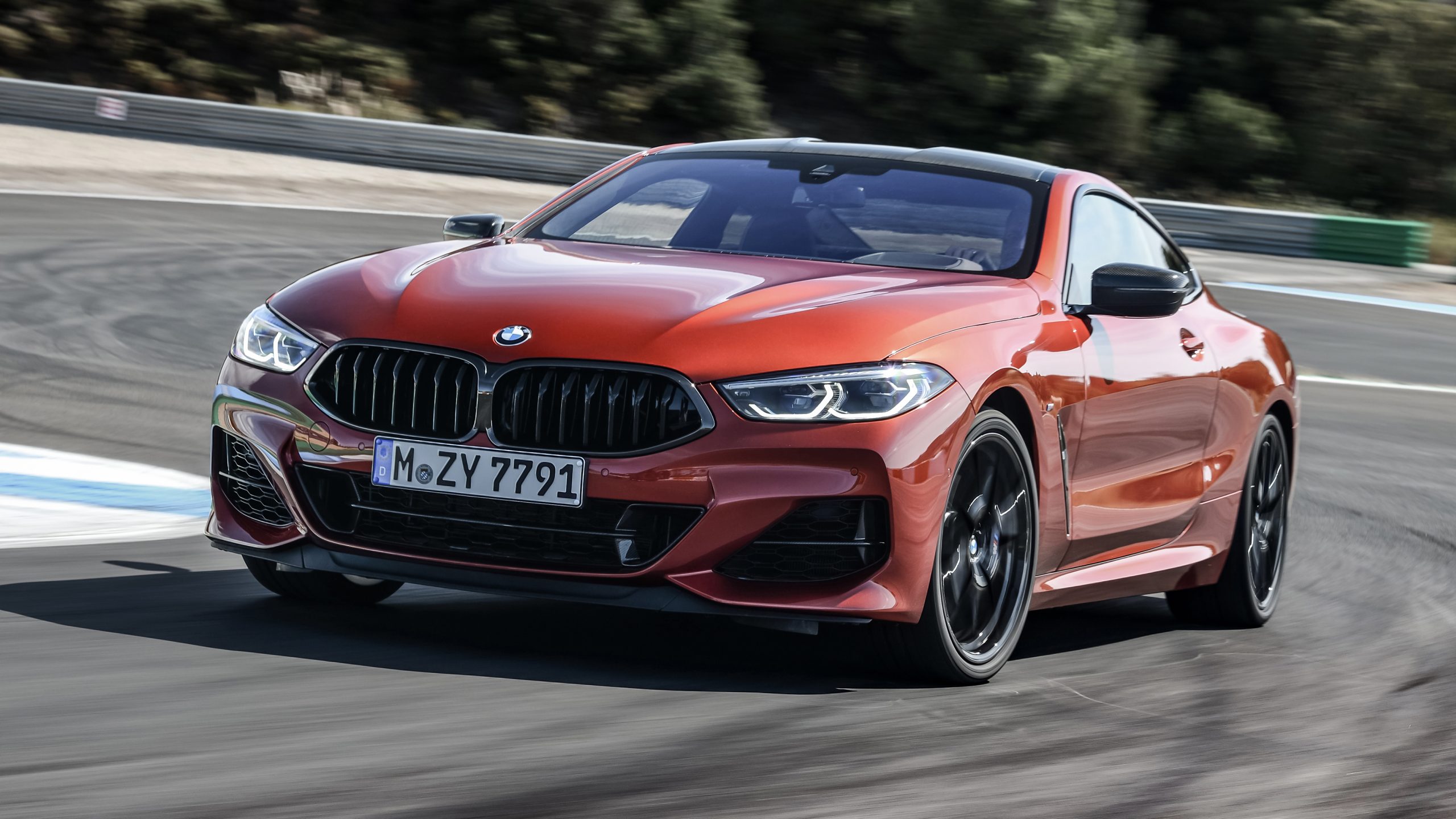
The automotive market is a study in contrast. Some vehicles — like the Ford Maverick or Toyota RAV4 Prime — are so desirable that they appreciate on the used market. Others, despite high performance or luxury features, see their values nosedive. The key differences lie in demand, reliability, brand strength, and practicality.
While buyers might pay more to avoid delays for popular models, luxury sports car owners must brace for significant losses. Whether buying new or used, understanding these dynamics helps buyers align expectations with long-term value, making sure their purchase is both enjoyable and financially sound.
Also Read: 5 Cars With Legendary Timing Chains and 5 With Fragile Belts

